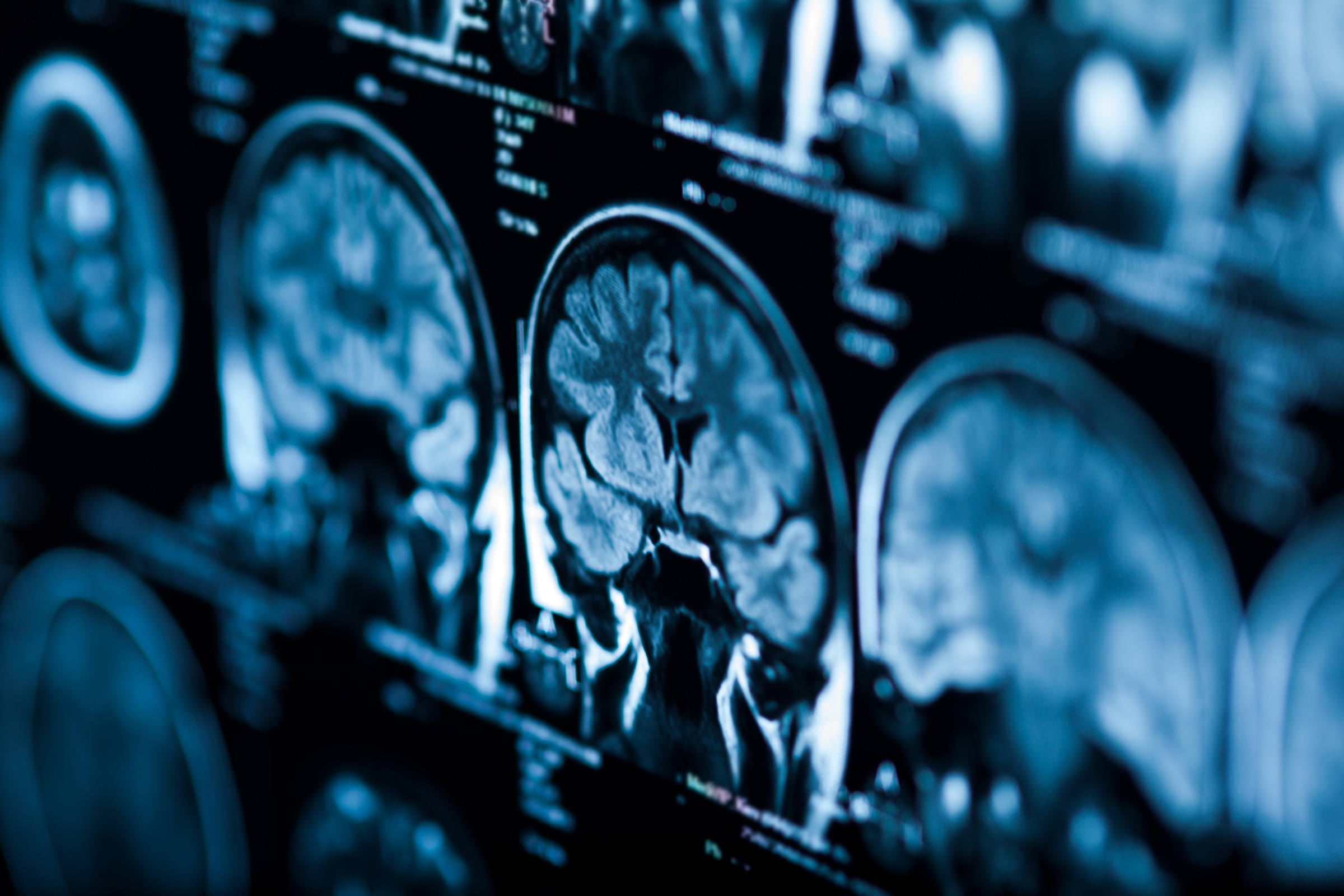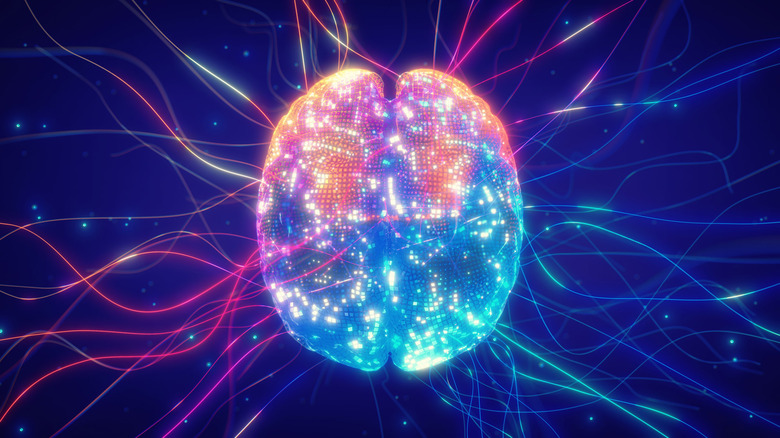Researchers Found A Molecule That Reverses Brain Aging
Cognitive decline is often seen as an unavoidable part of getting older. But new research suggests that it may not be as permanent as we once believed. A team of scientists from Brazil has identified a molecule in the brain that appears to reverse brain aging and could even cancel out the effects of Alzheimer's disease in animal models.
The molecule is called hevin, and it is secreted by a type of brain cell known as an astrocyte. These star-shaped cells help maintain the connections between neurons. As we age, these connections tend to weaken, which contributes to memory loss and slower thinking. Hevin plays a key role in keeping these connections strong.
In the study, researchers found that older mice, along with mice that showed signs of Alzheimer's, had reduced levels of hevin in their brains. When scientists increased hevin production in these animals, their cognitive abilities improved. The mice performed better on memory tasks, and their brain activity indicated healthier synaptic function.

Surprisingly, boosting hevin did not affect the buildup of beta-amyloid plaques. These plaques are commonly linked to Alzheimer's, but their role in causing the disease is still debated. This new research suggests that there may be other ways to target cognitive decline without focusing solely on removing plaques.
The study also shifts attention toward astrocytes and their support functions in the brain. Much of the focus in neuroscience has traditionally been on neurons alone. By highlighting the role of these helper cells, the research opens up new directions for understanding how to reverse brain aging.
While the findings are still early and based on animal studies, they offer hope for future treatments. Scientists believe that medications mimicking the effects of hevin could eventually help people maintain or regain cognitive function later in life.
For now, the study adds to our growing understanding of how the brain changes with age and how those changes might be slowed or even reversed.
